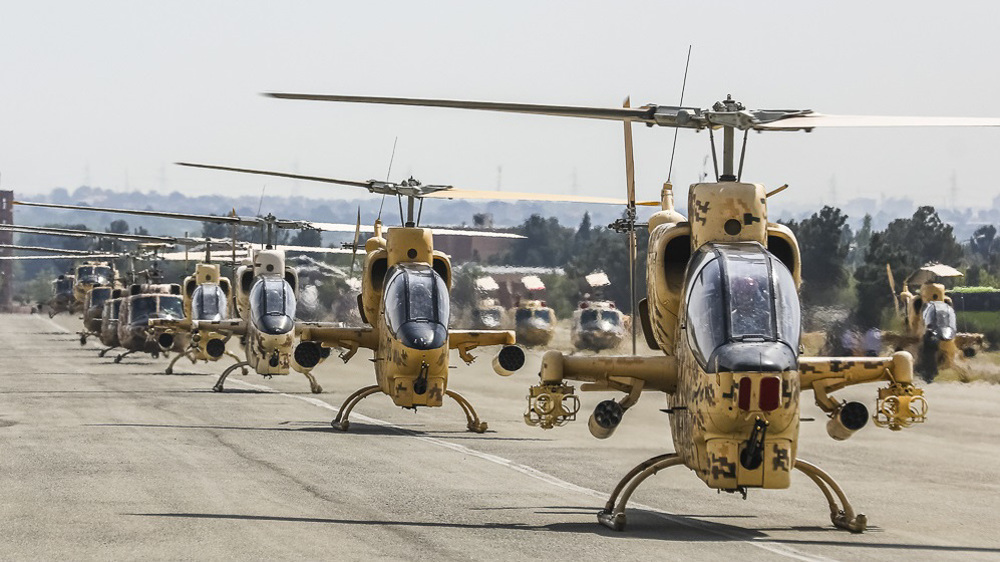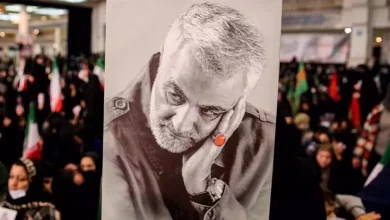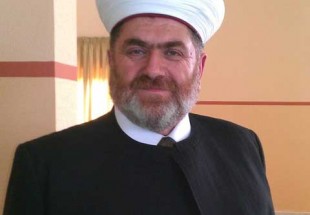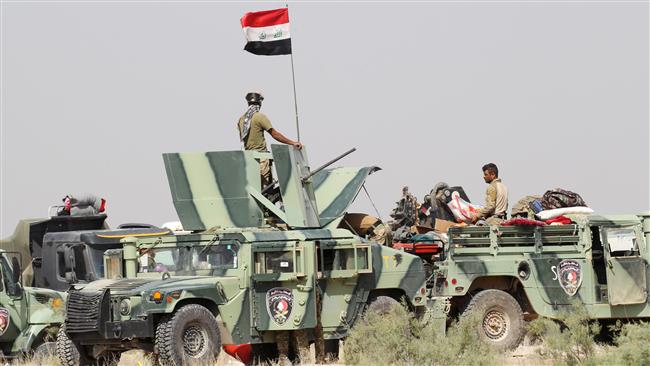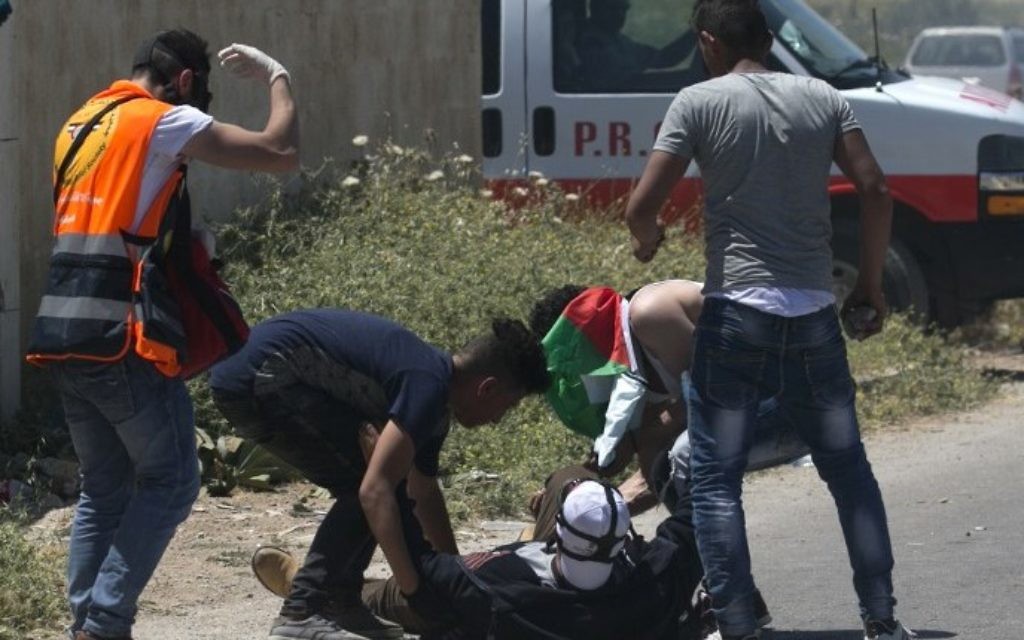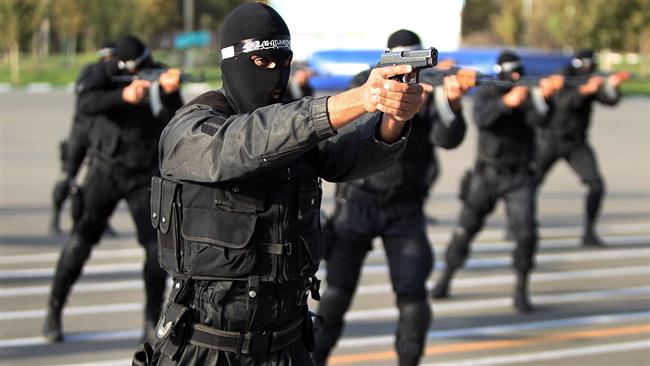Iran’s Armed Forces say arrangements finalized for delivery of Russian military aircraft
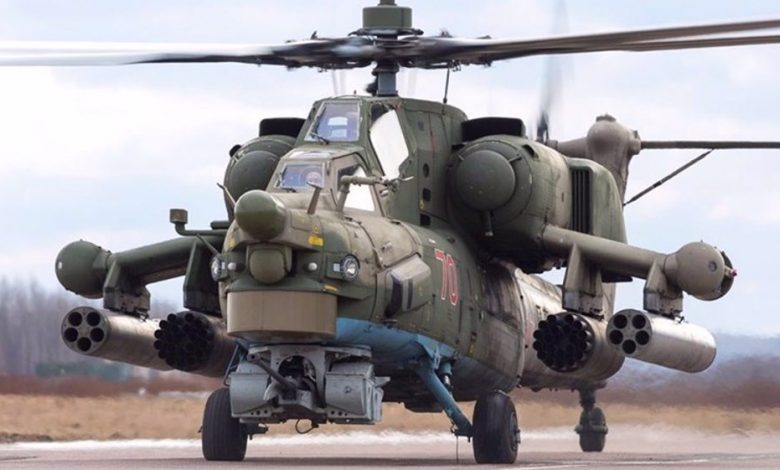
Iran’s Armed Forces have finalized arrangements for delivery of a number of advanced Russian-made aircraft, including Sukhoi Su-35 fighter jets, as Tehran and Moscow forge closer military relations.
Brigadier General Mehdi Farahi, Iran’s deputy defense minister, made the announcement in an interview with Tasnim news agency on Tuesday, saying plans have been finalized for Sukhoi Su-35 fighter jets, Mil Mi-28 attack helicopters, and Yak-130 jet trainers to join the combat units of Iran’s Army.
Farahi added that the three advanced military aircraft “will definitely arrive in Iran and the process [of their delivery] is currently under way.”
The Iranian general stressed that the Islamic Republic has the strongest fleet of military helicopters in the region in terms of quantity and has upgraded the capabilities of its choppers after several projects.
“In the field of helicopters, we have good capabilities; that is why we are the best in the region in terms of quantity, but the qualitative improvement of helicopters is on the agenda,” Farahi said.
The Su-35 fighter jet, powered by a pair of Saturn AL-41F1S turbofan engines, is capable of detecting an aerial target up to 400 km away and can track 30 airborne targets and engage eight of them simultaneously.
Mil Mi-28 attack helicopter, known as ‘Night Hunter’, has a speed of about 320 km/h and is equipped with two turboshaft engines, each producing 2500 horsepower.
The Yak-130 is a subsonic two-seat advanced jet trainer and light combat aircraft originally developed by Russian aircraft designer and manufacturer Yakovlev. It can perform light-attack and reconnaissance duties, carrying a combat load of 3,000 kg.
Iran and Russia, as two close and strategic allies, have over the past years deepened their relations in various fields, including military and defense, despite being under heavy Western sanctions.
Chief of Staff of the Iranian Armed Forces Major General Mohammad Hossein Baqeri announced in September that Tehran and Moscow were working to draw up a long-term military cooperation agreement in the near future as the world was moving towards an increasingly multipolar order, which stressed the need for enhancement of ties between the two countries.
Baqeri emphasized the need for cooperation in training, exchange of cadets as well as staging joint military exercises.
Iranian military experts and engineers have in recent years made remarkable breakthroughs in manufacturing a broad range of indigenous equipment, making the armed forces self-sufficient.
Iranian officials have made clear that the country will not hesitate to strengthen its military capabilities, including its missile power, which are entirely meant for defense, and that Iran’s defense capabilities will be never open for negotiations.
